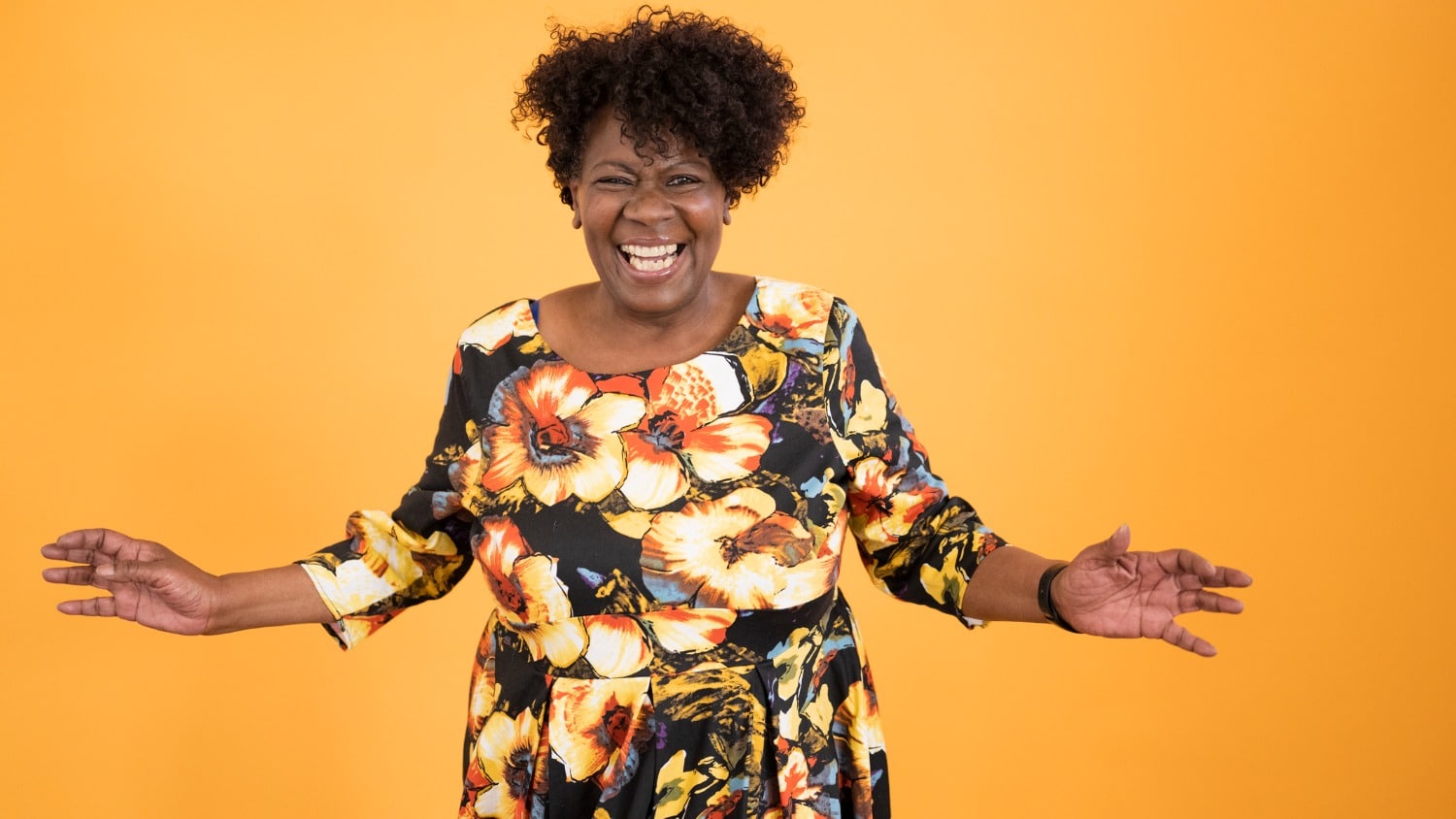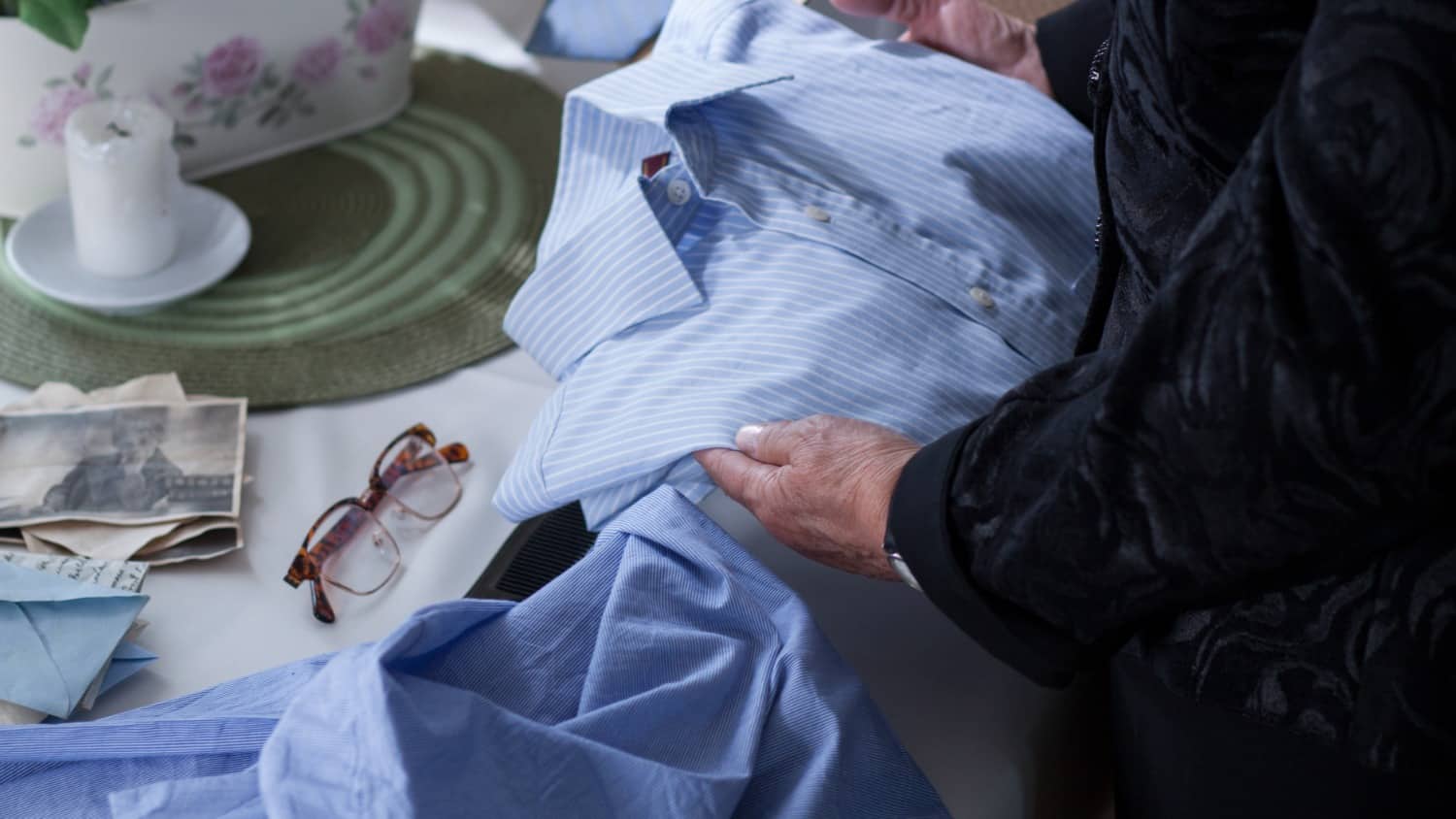4 Questions to Guide Your End of Life Planning (#2 is So Important!)
In today’s video, author and non-profit Before I Go Solutions founder Jane Duncan Rogers take a deep and compassionate look at end-of-life planning for women over 60.
Jane poses four questions to help older women get in touch with how making a meaningful end-of-life plan will smooth our last years for us and those we love. Read on for her insights into this scary and challenging topic.
Question #1: What Do You Most Value About Being Alive?
As Baby Boomers now experiencing the deaths of our own parents, it’s harder and harder for us to ignore the fact of our own mortality. So, now is the time, Jane advises, to take stock of what we really treasure about being alive.
Also, ask yourself what the term “quality of life” means to you. Modern medicine has the tools to keep us alive regardless of our physical condition or the financial and emotional cost on our loved ones.
Having an end-of-life plan, Jane says, is your insurance that your quality of life will be protected if you’re no longer able to speak for yourself.
Question #2: Who Can You Talk to About Your End-of-Life Plans and Eventual Death?
Talking about your death and the grief that will come to those you leave behind is never easy. But without doing it, making a good end-of-life plan will be very difficult. So, think about which people in your life need to be a part of those conversations.
You spouse, partner, children and grandchildren are natural choices. But for many of us, our friends have become our families. According to Jane, we each need to decide the answer to this question and then find the best way to approach the subject.
Question #3: How Will Not Having Children Affect Your End-of-Life Planning?
Perhaps you’ve never had children. Or your children have scattered to far-away places. Many older women are simply estranged from their children.
Think about how your end-of-life plan will reflect that. Is there anyone else, for example, who can step in to serve as your power of attorney should you become incapacitated?
If you never had children, Jane emphatically recommends becoming part of a community. A loving community can be a surrogate family in your final years.
And if you have a family but don’t want them involved in your death? Then it’s even more important to organize an end-of-life plan communicating your wishes. Otherwise, the law will bring them into the picture.
If you define family as those who have shown they love and want only the best for you, your friends certainly qualify. A good end-of-life plan contains the legal provisions to ensure they’re treated as family.
Question #4: What Are Your Beliefs About Death and Your Body?
Jane shares how witnessing her husband’s death led her to the comforting belief that while our bodies die, the essence of who we are continues on to somewhere else. Exploring that insight led to her first book, Gifted by Grief.
Have you thought about the nature of your physical death and how coming to terms with it might help those you leave behind?
Starting the Conversation
Are you struggling to start your end-of-life conversation with your loved ones? Do you feel like you should because you want to hide your real feelings or that they simply don’t want to hear them?
Jane’s work has led her to the discovery that once someone broaches the topic, many people are surprisingly receptive. In fact, they’ve realized its importance and are eager to talk.
What are your thoughts on starting an end of life conversation with someone? Do you know who that person would be? Have you answered the other questions or come up with some of your own? Please join the conversation below on this difficult but oh-so-important subject!






